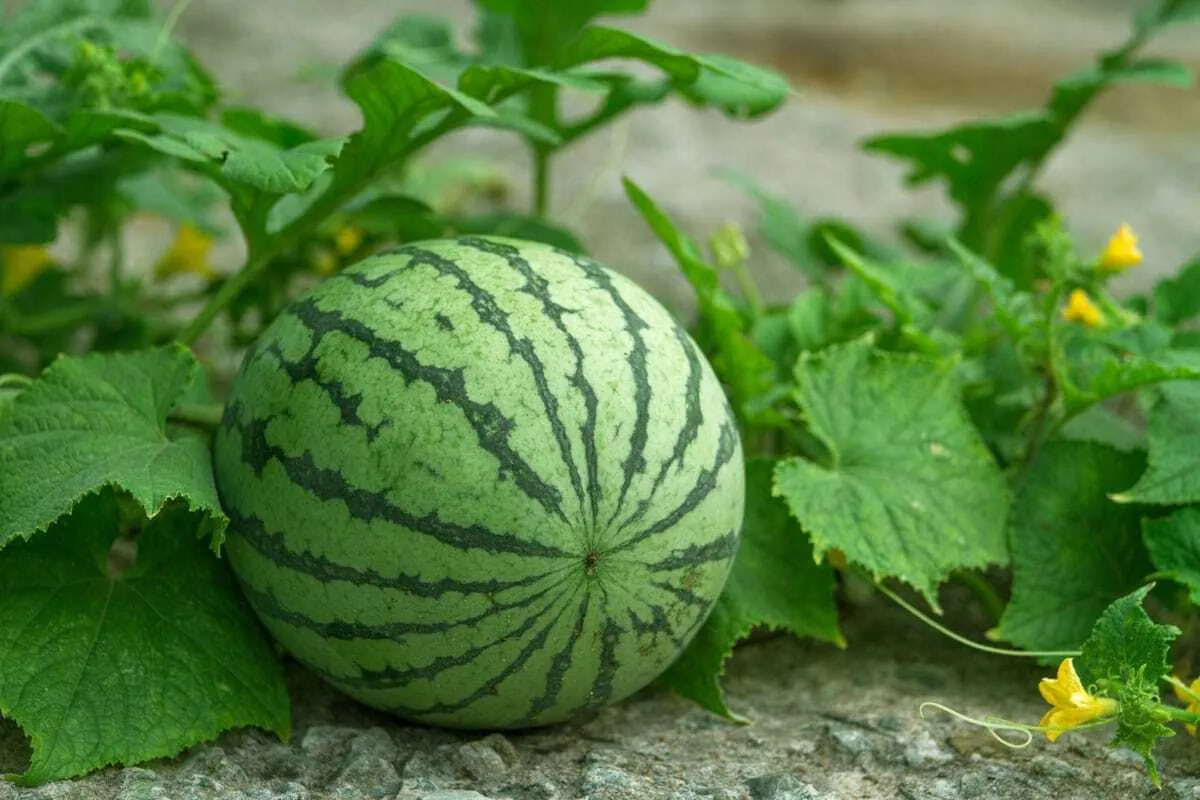Hybrid Melon Seeds Commercialized in Iran

"The flesh quality, resistance to certain diseases, high early yield, high shelf life and low temperature tolerance are among the advantages of the hybrid seeds,” said Forouzandeh Soltani Salehabadi, a faculty member of the horticulture department of the Faculty of Agriculture and Natural Resources of the University of Tehran and the manager of the hybrid melon seed production project.
Referring to the international cooperation to carry out the project, she said, “We used the experiences of two research institutes in Spain and Germany and finally we achieved the desired hybrid seed.”
“After registering in Karaj Seed Registration Certificate Institute and following two years of tests for uniformity and stability, these seeds successfully received a certificate and reached the stage of commercialization.”
Soltani Salehabadi described the durability and non-loss of weight after harvesting as another advantage of the product grown from hybrid seeds.
In a relevant development in June, an Iranian knowledge-based company operating in the field of agriculture has been able to meet some parts of the country's agricultural needs to improved and modified seeds.
Alireza Sobhani, the managing director of an Iranian knowledge-based company, said that his company is a producer of modified seeds.
“This company has produced the first modified melon seeds in the country and currently has an official and exclusive license issued by the Institute of Seed and Plant Certification and Registration Institute to produce modified melon seeds of Khatouni and Darghazi variants,” Sobhani said.
He said that in addition to melon seeds, his knowledge-based company produces different types of other modified seeds such as onions, greenfinch, green beans, watermelon, nuts, and sweet corn.
He pointed to better performance and quality, being reasonably priced, offering after-sale counselling and services as some of the advantages of his company's products as compared to imported equivalents.
4155/v





















